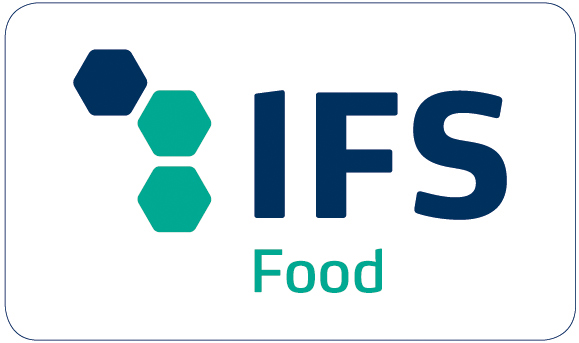Assessment, Training & Certification Services.
IFS Certification – International Featured Standards
What is IFS Certification?
IFS (International Featured Standards) Certification is a globally recognized standard that evaluates suppliers and manufacturers of food and non-food products. It ensures that certified companies comply with strict requirements for safety, quality, legality, and transparency throughout their production and supply chain operations.
IFS Certification is commonly required by retailers, wholesalers, and food service companies, especially in European and international markets.
Why IFS Certification is Important
IFS Certification helps organizations demonstrate compliance with:
Food safety and hygiene practices
Product quality and consistency
Risk management and traceability
Export readiness and international trade requirements
Customer and regulatory expectations
Types of IFS Standards
| IFS Standard | Description |
|---|---|
| IFS Food | For food manufacturers and processors |
| IFS Logistics | For storage, transportation, and distribution |
| IFS Broker | For agents and importers without direct product handling |
| IFS PACsecure | For packaging material manufacturers |
| IFS HPC | For household and personal care products |
| IFS Wholesale / Cash & Carry | For wholesale operations and large distributors |
Benefits of IFS Certification
Establishes strong food safety and risk management systems
Enhances brand credibility and customer confidence
Facilitates access to international retail and export markets
Encourages continuous improvement within operations
Meets GFSI (Global Food Safety Initiative) benchmark requirements
Improves transparency and trust across the supply chain
Helps fulfill regulatory and legal obligations
IFS Certification Process
The certification process typically involves:
Gap Analysis – Evaluate current systems against IFS requirements
Documentation & System Setup – Develop SOPs, hazard analysis, and control measures
Employee Training – Ensure staff are aware of IFS and food safety protocols
Internal Audit & Management Review – Assess readiness before external audit
Third-Party Audit – Performed by an accredited certification body
Corrective Actions – Address non-conformities (if identified)
Certification Awarded – Valid for 12 months with annual renewal audits
Who Needs IFS Certification?
IFS Certification is suitable for businesses involved in:
Food and beverage manufacturing
Dairy, bakery, canned, and packaged food production
Private label and contract manufacturing
Food storage, logistics, and distribution
Export to Europe, the Middle East, and North America
Supplying retailers, supermarkets, and wholesalers
Why IFS Certification Matters
IFS Certification is not just a technical standard—it represents a commitment to food safety, quality, and global trade requirements. It helps organizations build trust with stakeholders, enter new markets, and align operations with international best practices.
